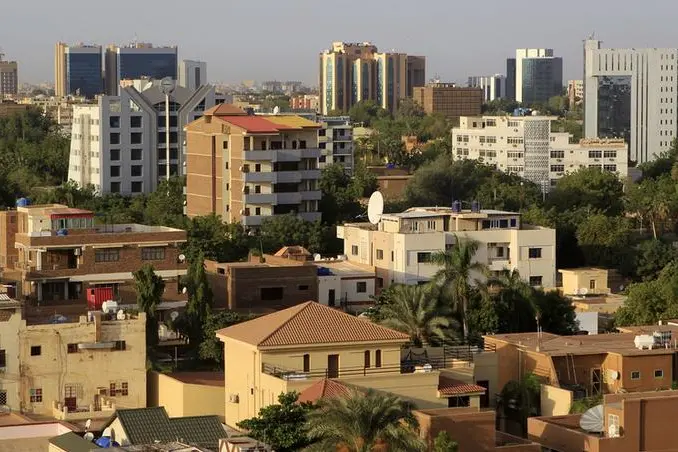PHOTO
KHARTOUM- Inflation in Sudan decreased for the first time under its two-year-old transitional government, as the currency shows signs of stabilizing following a year of tough economic reforms.
Inflation slowed sharply from 422.78% in July to 387.56% in August, ending a trend of steep monthly increases that have brought inflation to a level not seen in decades.
Sudan is in the midst of a deep economic crisis, with low reserves often creating shortages of fuel, bread, and essential medicines.
To attract foreign assistance and investment, the government underwent IMF-monitored economic reforms, including the removal of fuel subsidies and devaluation of the currency in February.
Citizens say that reforms have made many goods and services out of reach and employees in several sectors, including teachers, have gone on strike periodically demanding higher wages.
In recent weeks, the currency has stabilized on the official and parallel markets to a rate of about 450 Sudan pounds per dollar.
According to government data, inflation rose in five of Sudan's eighteen states, with Gadaref state recording the highest rate of 977.01%.
On Monday, Sudan's central bank said that the country had managed to increase exports 68%, while still saying that the level was "insufficient".
(Reporting by Khalid Abdelaziz; Writing by Nafisa Eltahir; Editing by Alex Richardson) ((Nafisa.Eltahir@thomsonreuters.com;))





















